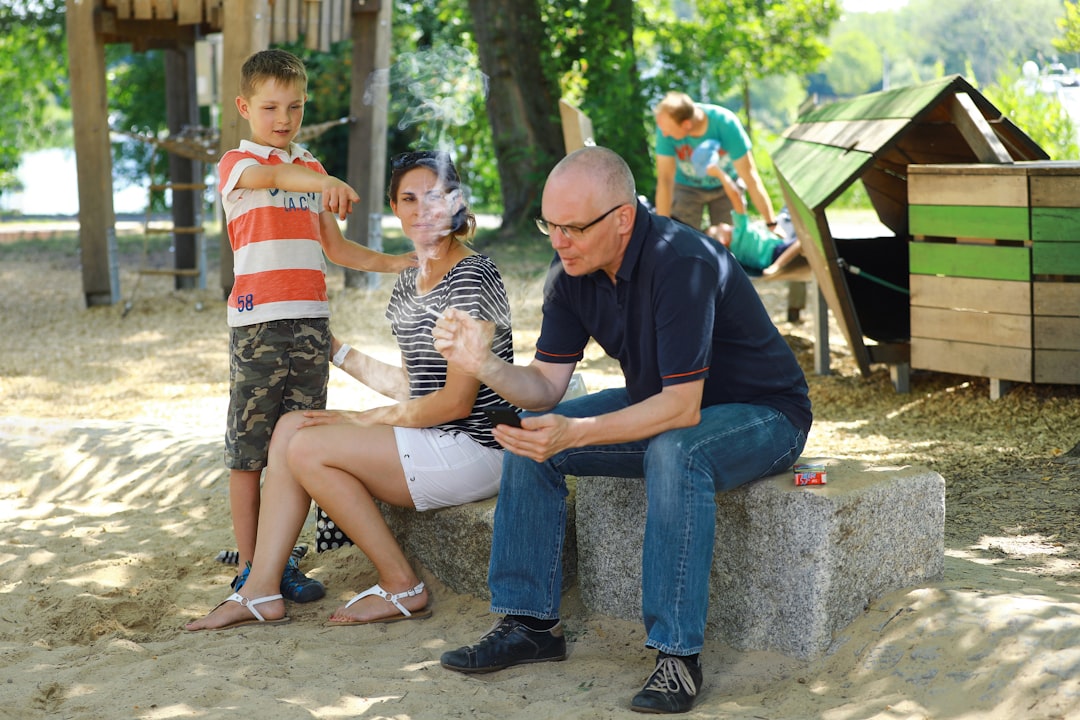Are you dreading another year of school? The good news is that your upcoming school year can be easier and more successful than ever before as long as you’re equipped with some school success tips on what to expect and do.
From organizing your class schedule, so you don’t get overwhelmed with homework at once to finding the best way to get your work done quickly, and on time, these tips will help you have the best school year yet!
Alright, let’s have a look at them.
1. Get Organized – Start the Year With a Plan
With all of these new responsibilities and homework assignments, it can be easy to become overwhelmed by how much you have on your plate.
Creating a plan at the beginning of the year will help you stay organized and find success in school.
Establishing routines and ensuring you are properly prepared before class starts will make things much easier in the long run.
It’s never too early to start thinking about which classes will be most important for your future goals, so make sure you research potential colleges.
Keep in mind the courses they offer and whether or not they might require certain prerequisites. If you’re still deciding what classes to take next semester, consider focusing on subjects you enjoy or want to learn more about.
If you’re having issues focusing on what matters due to stress, depression or perhaps anxiety, you should talk to a therapist or an expert.
2. Set Goals
Setting goals will give you motivation and a plan of action, which will help ensure your success. To set goals, list what you want to accomplish for the year and break it down into manageable steps.
Then go about listing ways that you can reach those objectives. For example, if one of your goals is to become more organized this year, you might brainstorm methods such as setting homework schedules and waking up earlier.
Once you have determined how these methods could help you achieve your goal, write them down on another sheet of paper, so they are easy to reference when needed.
Make sure each step is specific enough to be achieved within an appropriate time frame; then, prioritize them from easiest to hardest so that you know where to start.
3. Keep it Simple
After a summer of relaxation, adjusting back to school schedules can be a bit difficult. The key is breaking everything down into manageable chunks and starting with manageable tasks.
Figure out when you need to wake, shower, eat breakfast, and get dressed. Once you’re on campus, prioritize your time by meeting with your academic advisor as soon as possible.
Make sure you have all your class registration forms filled out ahead of time to avoid confusion.
Start scheduling meals with friends who share your schedule so that if one person needs an extra hour to study or finish an assignment, then they’ll have someone else who can eat lunch with them.
If you feel overwhelmed or stressed during the first few weeks, take a deep breath and remember that it’s only temporary! Just do all you can to keep things simple so that you will be able to achieve your goal.
4. Have Some Fun
Don’t forget about playtime! It’s important to not only study but also have some fun. Once in a while, let yourself take time away from studying and do something you enjoy.

Spending time on your hobbies will help relieve stress and lead to new ideas or inspiration that may help with your studies.
Make sure to keep up your physical activity as well. Take time to get outside and exercise regularly. If this isn’t possible, try taking stairs instead of elevators and escalators whenever possible.
Regular exercise helps release endorphins and helps clear your mind so that you can focus better on your studies later.
5. Get Enough Sleep
Get enough sleep regularly, and your brain will function more efficiently, enabling you to think, study, and remember new information more easily.
In addition, it improves concentration and academic performance. If you have been getting up late, try to sleep early so you can wake up early. This will give you more time to prepare for school.
Ensure you eat healthy food, like fruit, in between meals and snacks instead of sweets or sugary drinks.
Try not to eat food late before bedtime, so you don’t gain unnecessary weight. Also, make some plans for any homework at least every night so you won’t feel overwhelmed when it’s due tomorrow morning.
6. Learn from Your mistake
Reviewing your mistakes can deepen your understanding of what you did right or wrong. Self-evaluation is important because we don’t always notice our shortcomings; we often see only our strengths.
After self-evaluating, take what went well and try it again this year, and address problems by solving them.
Finally, start fresh with new supplies, a healthy breakfast, a clean desk, and organized time blocks.
Get Ready for Good Grades by Preparing Your Mind
The biggest factor in success in school is the quality of time you spend studying. If you have a limited amount of time and want to get the most out of it, we recommend setting a timer and working on your next assignment until it goes off.
This will help you manage your time so that you’re not just browsing on social media or scrolling through Facebook but doing something constructive.
When using this technique, set a goal to study for 10 minutes at first and then increase it by 10-minute increments as you become more comfortable with this routine.
For example, if you can’t seem to concentrate after 30 minutes of studying, take a break for 5 minutes before continuing.
You may want to reward yourself after your session with a snack or even watch one episode of your favorite show before bedtime!









